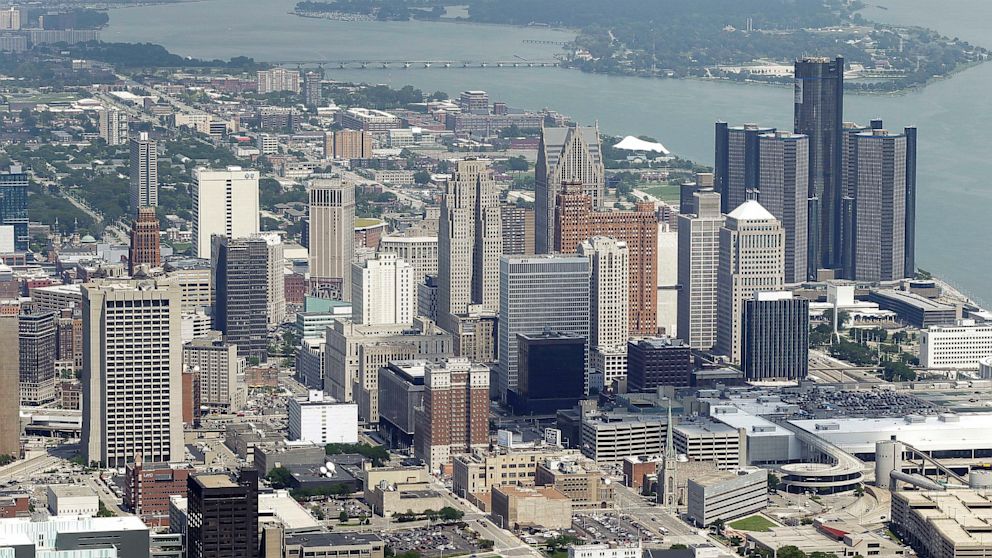Detroit taxes friendlier to businesses than to residents
Detroit may tax its residents at high rates compared with other Michigan cities. But its tax policies aren't a deal breaker for business, according to a 2014 report by a national accounting and consulting firm.
Compared with 50 other major international cities, Detroit is ranked 21st most business friendly in terms of overall corporate tax burden – worse than Cleveland and Minneapolis, among the 31 American cities on the list, but easier on businesses than Chicago, St. Louis, San Francisco and Dallas. Among the U.S. cities, Detroit ranked No. 12.
For businesses considering a move or expansion in Detroit, taxes aren’t the first concern. The bigger issues revolve around logistics, access to talent, research and development, and labor costs, said Olga Stella, vice president for business development for the Detroit Economic Development Corp..
“We rarely come across a business where the first question is ‘what’s your tax structure?’” she said.
The accounting and consulting firm KMPG looked at corporate income taxes, property taxes, capital taxes, sales taxes, local business taxes and labor costs. It created a "Total Tax Index" for each city to gauge annual average tax costs over the first 10 years of a business.
By that measure, Detroit fared better than the U.S. benchmark of 100, scoring a 90. New York City scored the worst, with a 111.8 on the index.
Helping Detroit are incentives available in specific areas, including downtown. Depending on location and type of business, the city and state can reward a new business with massive write-downs of almost all taxes for up to 15 years.
Some of the incentives that keep Detroit competitive, however, have led to complaints. Activists have chided city and state leaders for offering tax abatements to incoming businesses and they’ve been a major issue for critics of the public-private deals to build the city’s professional sports stadiums, an issue already arising with plans for a new Red Wings arena.
The KMPG report, "Competitive Alternatives, Special Report: Focus on Tax," also looked at how different sectors fared since each city and state may have different tax policies on different services, like utilities and personal property. Detroit moved up and down compared with the 50 other international cities depending on the sector:
- Research and Development – 12th
- Corporate services – 16th
- Manufacturing – 22nd
- Digital services – 21st (tie)
Among a broader range of cities, Detroit was about middle of the pack as well, ranking 39th of 74 cities reviewed, including Saginaw, which had a slightly more favorable tax climate.
The Detroit Economic Growth Corporation can also offer help with workforce development, property tax abatements and loans.
For the DEGC, the KMPG study could help open the door to those companies that are considering a move yet take Detroit out of the running without even contacting local officials, Stella said. It could provide an opportunity to pitch the city as a viable destination, Stella said.
See what new members are saying about why they donated to Bridge Michigan:
- “In order for this information to be accurate and unbiased it must be underwritten by its readers, not by special interests.” - Larry S.
- “Not many other media sources report on the topics Bridge does.” - Susan B.
- “Your journalism is outstanding and rare these days.” - Mark S.
If you want to ensure the future of nonpartisan, nonprofit Michigan journalism, please become a member today. You, too, will be asked why you donated and maybe we'll feature your quote next time!


 Detroit taxes are more business-friendly than you might think. (File photo)
Detroit taxes are more business-friendly than you might think. (File photo)